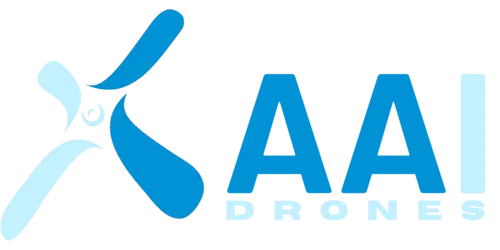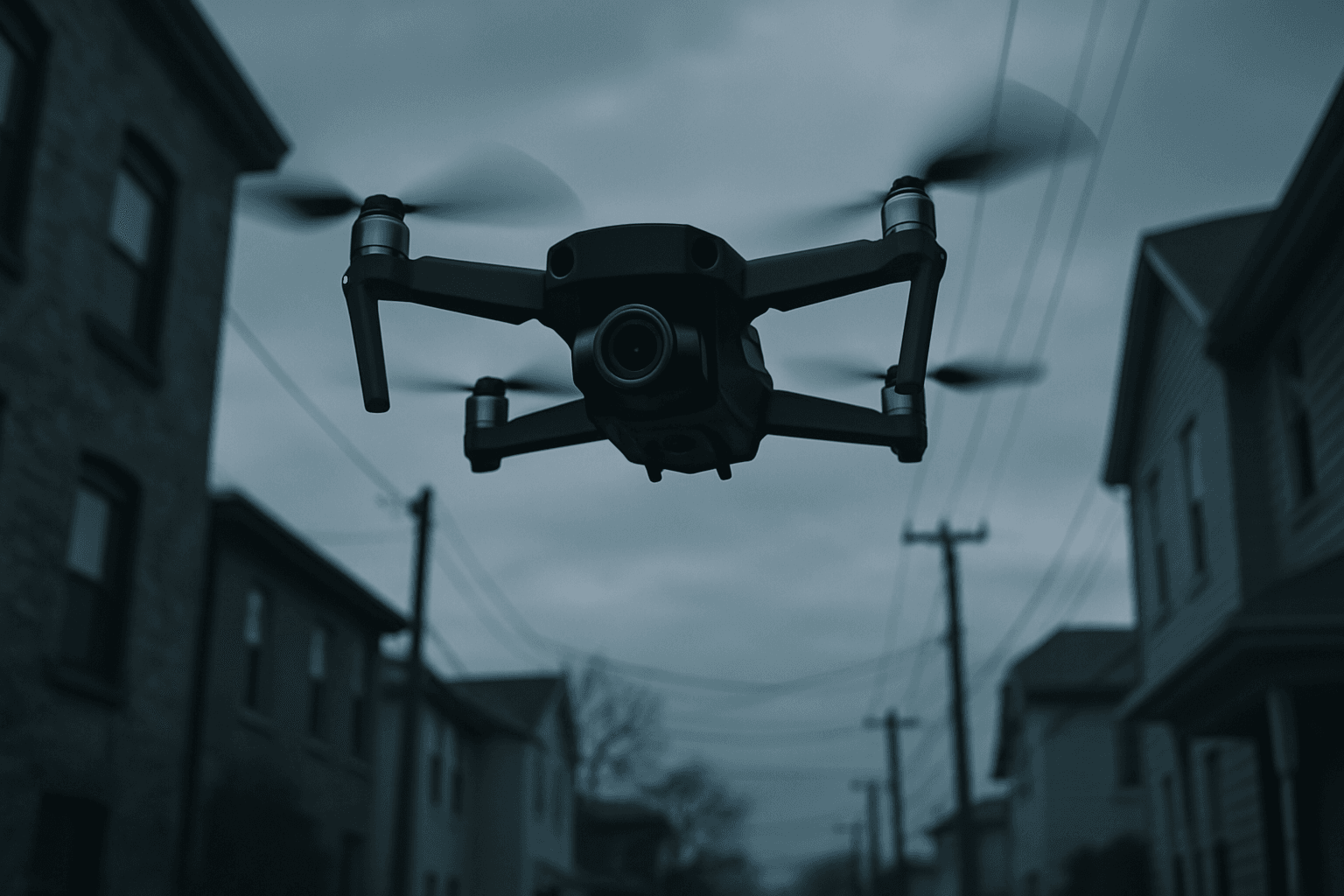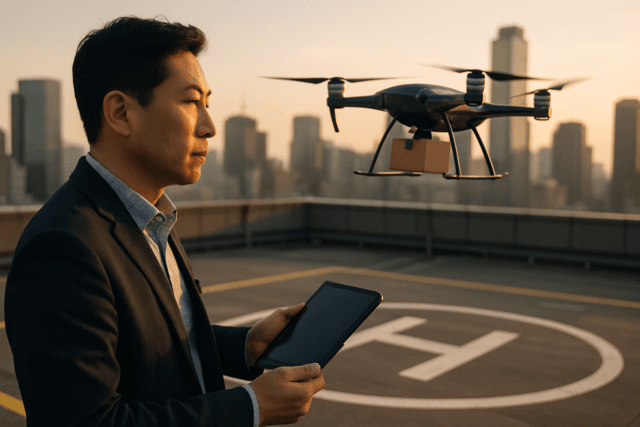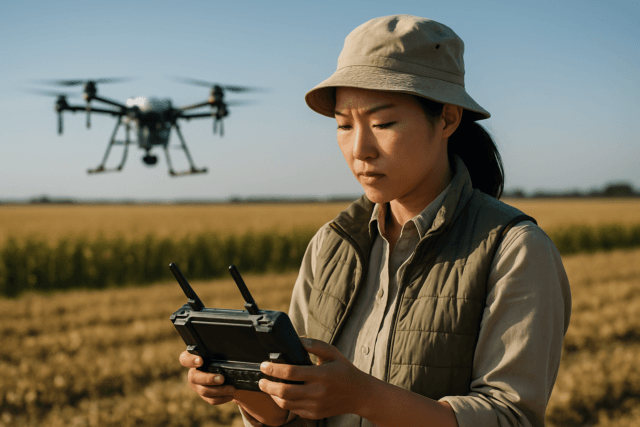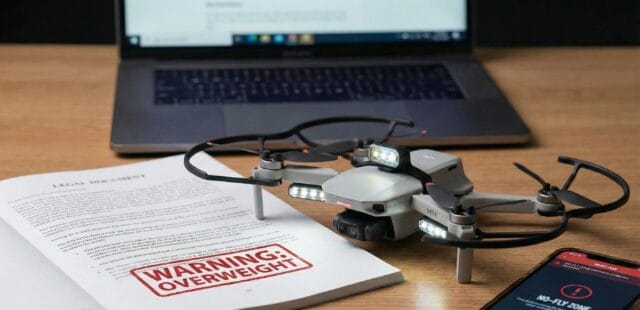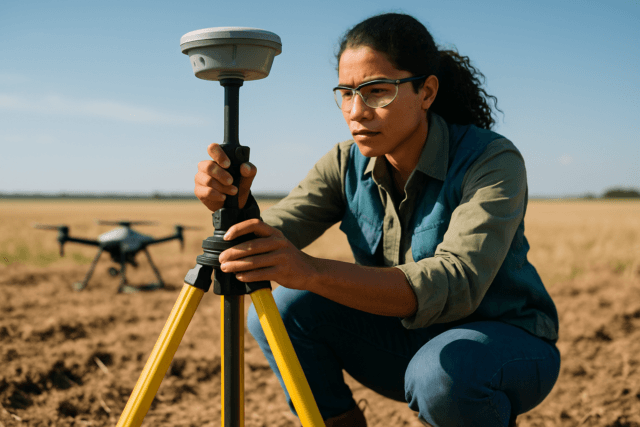Drones have rapidly evolved from military tools to everyday technology, finding applications in various sectors like logistics, surveillance, and environmental research. While drones offer numerous benefits, their increasing presence raises significant ethical concerns that need careful consideration. This article delves into the key ethical issues surrounding drone technology, examining privacy, data security, accountability, and the potential for misuse.
The Rise of Drones: A Double-Edged Sword
Drones, or unmanned aerial vehicles (UAVs), have become increasingly prevalent in both public and private sectors. Their agility, accessibility, and ability to access hard-to-reach areas make them highly effective tools for various purposes . From delivering medical supplies to monitoring environmental changes, drones offer unprecedented capabilities. However, this widespread adoption also presents a range of ethical challenges that society must address .
Key Ethical Considerations
1. Privacy Invasion
One of the primary ethical concerns is the potential for drones to invade personal privacy . Equipped with high-resolution cameras, infrared sensors, and audio recording tools, drones can observe individuals in spaces where they have a reasonable expectation of privacy . Their mobility and subtlety make them particularly concerning, as they can silently hover at high altitudes or navigate urban environments undetected .
- Challenges to Traditional Privacy: Drones challenge traditional notions of privacy, as they can bypass physical boundaries like fences and walls to gather data . This raises questions about the legality of recording someone in their backyard from a distance, as existing laws were not designed with aerial surveillance in mind .
- Impact on Freedom of Expression: The use of drones for surveillance can have a chilling effect on freedom of expression and assembly . Individuals may be deterred from participating in public demonstrations or gatherings due to fear of being monitored or targeted .
2. Data Misuse and Security
Drones are essentially data collection platforms, capable of capturing images, mapping environments, tracking movement, and gathering biometric information . This vast amount of data creates substantial risks if collected and stored without robust safeguards .
- Opaque Data Handling: The path from data collection to storage and usage is often unclear. Drone footage may be retained indefinitely, analyzed using third-party software, or even sold to advertisers or data brokers, especially in commercial contexts .
- Cybersecurity Threats: Drones are susceptible to cybersecurity threats, which could lead to data breaches, misuse of information, or even potential harm if the drone is weaponized . The transmission of data to cloud-based platforms or remote servers, some located in foreign countries, further increases the risk of unauthorized access and data leaks .
3. Lack of Consent and Public Awareness
A significant ethical issue is the often invisible nature of drone surveillance . Individuals may be unaware that they are being monitored, making it impossible for them to give informed consent .
- Silent Observation: Drone surveillance risks becoming a silent layer of observation embedded in daily life, with no way for individuals to meaningfully respond . Clearer public signage, disclosure requirements, or geofencing alerts could provide a basic level of informed consent .
- Public Education: Many people are not fully aware of the capabilities of drones and the extent to which they can be used for surveillance . Educating the public about the ethical implications of drone technology is essential for informed discussions .
4. Accountability and Transparency
Oversight of drone use has lagged behind its rapid expansion . Regulatory frameworks primarily focus on airspace safety, registration, and flight restrictions, but clear rules governing drone surveillance are lacking .
- Minimal Public Visibility: Most drone operators are not required to disclose the purpose of their flights, the nature of the data they collect, or how that data will be used . This lack of transparency makes it difficult for communities to understand the scope of surveillance activities and hold anyone accountable for overreach or misuse .
- Need for Regulatory Standards: Clear accountability standards and regulatory criteria are needed for drone surveillance . This includes guidelines for how data collected by drones is processed, stored, and used .
5. Algorithmic Bias and Environmental Justice
Drones can be deployed in ways that exacerbate existing social inequalities . Concerns exist that surveillance may disproportionately target marginalized communities .
- Bias in Deployment: Algorithmic bias in drone technology could lead to discriminatory outcomes . Ensuring equity in drone deployment is crucial to prevent further marginalization of vulnerable populations .
6. Safety and Security Risks
The use of drones raises concerns about public safety and security . Potential risks include collisions with other aircraft, loss of control due to technical malfunctions, and the possibility of weaponization .
- Lack of Physical Pilot: Drones rely on satellites for navigation, and losing communication with these satellites can be dangerous . Bad weather or signal interference can cause drones to lose contact, posing a threat to people and property .
- Weaponization Concerns: The potential for drones to be weaponized raises ethical concerns about their deployment in conflict zones and the risk of misuse .
Ethical Implications of Drone Warfare
The use of drones in warfare presents a unique set of ethical dilemmas . While proponents argue that drones can be precise and effective tools in combating threats, critics raise concerns about transparency, accountability, and oversight .
- Proportionality of Force: Ensuring that drone operations comply with international humanitarian law and minimize harm to civilians is essential . Questions arise about the right to life and the proportionality of the use of force in targeted killings and military operations .
- Psychological Impact on Drone Operators: Drone operators may experience moral injury from the experience of killing from afar . The remote nature of drone warfare can create a disconnect between the operator and the consequences of their actions .
- Transparency and Accountability: Greater transparency and accountability are needed in the use of armed drones . States should be transparent about where, when, and how armed drones are being deployed, as well as the legal framework governing their use .
Balancing Security and Human Rights
Striking a balance between security concerns and the protection of human rights remains a significant challenge in navigating the complexities of drone technology .
- Right to Privacy: Drones equipped with cameras and surveillance capabilities can infringe upon the right to privacy . Ensuring that drone operations comply with privacy laws and regulations is crucial .
- Transparency and the Rule of Law: Transparency and accountability contribute to establishing legitimacy and credibility of drone operations, along with legality, and ultimately strengthen democracy and the rule of law .
Building Public Trust in Drones
Public perception of drones is mixed, with many people unsure or waiting to be convinced of their benefits . Building public trust requires addressing concerns about privacy, safety, and accountability .
- Education and Awareness: In order for the public and businesses to trust drones, it is essential that people understand them, their uses, the rules governing them, and the ways in which they will benefit society .
- Regulation and Accountability: People need to feel that drone operators are subject to regulation and that there is accountability in place . Clear regulations and industry-specific qualifications can help drive adoption and build trust .
- Demonstrating Societal Benefits: The public will warm to drones if they see the clear benefits they can deliver, particularly those related to health and safety .
Potential Solutions
Addressing the ethical challenges of drone technology requires a multi-faceted approach involving technological solutions, regulatory frameworks, and ethical guidelines .
- Technological Safeguards:
- Geofencing: Restricting drones from flying in specific areas, such as residential neighborhoods or sensitive infrastructure, can help prevent unwanted intrusions .
- Facial Recognition Software: Equipping drones with facial recognition software programmed to redact human facial images can help protect privacy .
- Blockchain-Based Authentication: Using blockchain technology can create a decentralized, tamper-proof system for managing drone identities without centralizing sensitive data .
- Regulatory Frameworks:
- Comprehensive Regulations: Establishing clear and stringent regulations is essential to govern the use of drones and ensure adherence to ethical standards .
- Data Protection Mechanisms: Implementing robust data protection mechanisms is necessary to safeguard the vast amount of data collected by drones .
- Ethical Guidelines:
- Informed Consent: Obtaining informed consent from individuals before conducting drone surveillance is a critical ethical consideration .
- Transparency and Accountability: Promoting transparency and accountability in drone operations is essential for building public trust .
- Ethical Use of Data: Ensuring that data collection is legal and secure, and that it is used ethically and responsibly, is crucial .
Conclusion
As drone technology continues to advance, it is imperative to address the ethical concerns it raises . By implementing technological safeguards, establishing comprehensive regulatory frameworks, and adhering to ethical guidelines, society can harness the benefits of drones while protecting individual rights and promoting public trust . Balancing innovation with ethical responsibility is essential to ensure that drones are used in a way that benefits society as a whole .
